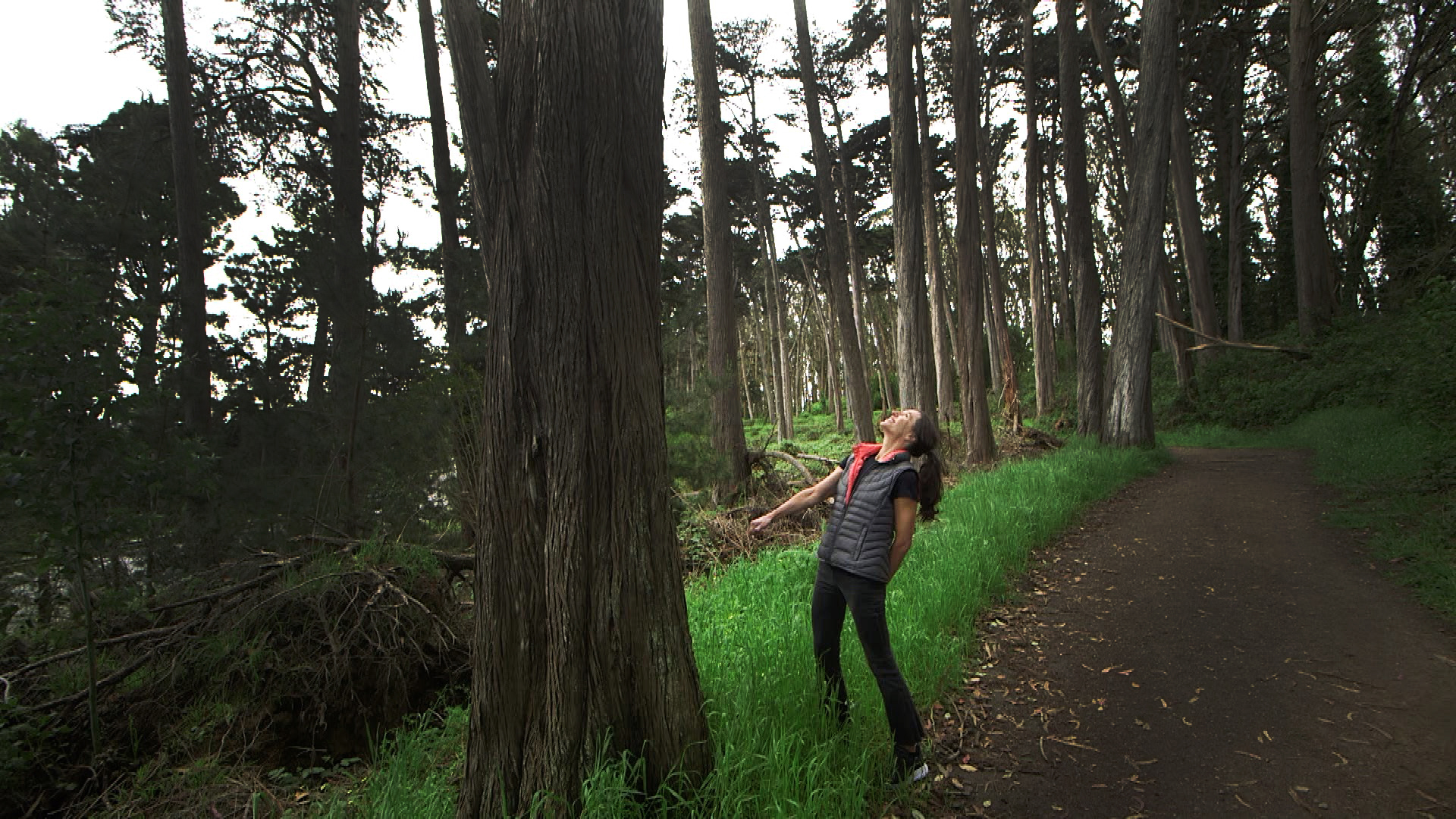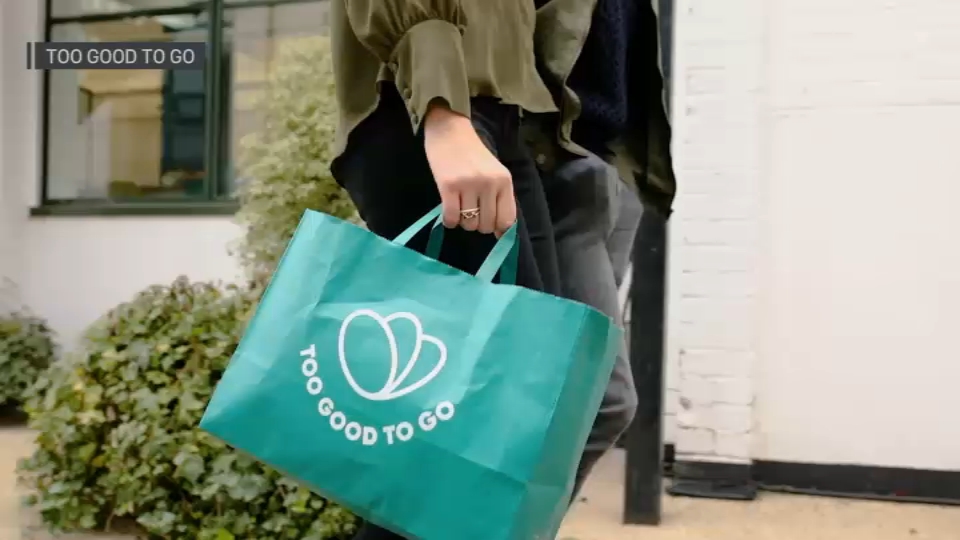In a grocery world that dotes on the perfect looking peach or apple, Watsonville chef Tabitha Stroup is a devotee of the idea of perfection within imperfection.
Dimpled pears? Contorted apples? Splotchy peaches? Twisty carrots? They’re all gems in the grand melting pot of Stroup’s kitchen, where she’s known for innovative jams, jellies, marmalades and preserves.
“We have such an idealistic view of food,” said Stroup, stirring a pot of blueberries from nearby Corralitos. “We demand perfection, whereas Mother Nature never got that memo.”
In the bread basket of the Pajaro Valley just inland from the Monterey Bay, Stroup is in prime fruit and vegetable territory — where apples and berries grow not far from lettuce fields and tomato vines that share land with pear orchards and artichokes. As a longtime chef who has worked in Michelin star restaurants, Stroup’s seen too much imperfect food banished to the garbage bin — or go unsold at farmers markets.
Get a weekly recap of the latest San Francisco Bay Area housing news. Sign up for NBC Bay Area’s Housing Deconstructed newsletter.
“Strawberries are only going to hold for so long — and after a summer day at a farmers market they start to degrade, they start to over-ripen,” Stroup said. “That is where I come in.”
Stroup’s entree into the lifecycle of a wilting strawberry is when that unsold, imperfect produce is given to her by one of the area's many small organic farms. She turns it into one of her signature products — maybe a French lavender and strawberry shrub or a strawberry margarita mix with Big Sur sea salt — and then sells them back to the farms in jarred form, which they in turn sell in their farm stands and shops.
She calls her business Terroir in a Jar, a French agricultural term meaning sense of place. Ultimately, she helps the farms to sell their less-than-perfect produce — albeit in a different, less time sensitive version.
“What was once a waste product, no revenue at all, all of a sudden is a yearlong shelf life product that speaks of their sense of place," Stroup explained.
Stroup’s sense of place brought her to Watsonville’s Main Street, where she leases an empty, former Italian restaurant. Her work lives beyond the silent bar or empty dining room — back in the kitchen where she’s often seen hovering over a pot, stirring her produce treasures into new creations. She repeatedly proclaims there’s enough food grown in the U.S. that everyone should have three square meals a day.
“Food is love, it is an agape love,” she said. “It’s there to nourish and feed, and every single person on this planet deserves that love.”
A short drive from Stroup’s kitchen in the verdant green hills of Corralitos, sits the Prevedelli Family farm, known for its endless varieties of apples – from white winter pearmain to liberty to black twig apples. The farm’s matriarch, Silvia Prevedelli, was born in Italy, a culture where every piece of fruit and vegetable finds a home.
“I grew up in Italy and nothing go to waste,” said Prevedelli, standing in one of the family orchards. “We don’t throw away any food.”
Most of the Prevedelli family’s produce is sold at markets, the leftovers fed to livestock. The in-between produce, unsold from farmers markets, goes to Stroup, who turns it into everything from roasted heirloom tomatoes to blackberry jalapeño jam to gold rush apple butter.
“It’s just the looks, but the flavor is very intense,” said Prevedelli of the unsold farmers market produce. “That’s what I tell people. I said, ‘Don’t look at the beauty. Look for flavor.’”
Whatever flavor Stroup is in pursuit of — whether it’s through Terroir In a Jar or her other business, Friend in Cheeses Jam Company — she’s a champion of the idea that no produce should ever be tossed out.
Inside the dim restaurant kitchen, Stroup stirred a pot of Bosc pears spiced with nutmeg and ginger to create a pear butter, a ball cap emblazoned with Santa Cruz crested over blonde bangs as she focused on the task at hand: stirring castoffs into delicacies.
“To Mother Nature, imperfection is her specialty,” said Stroup. “And that is what we have to start seeing, our food in that way as well.”




